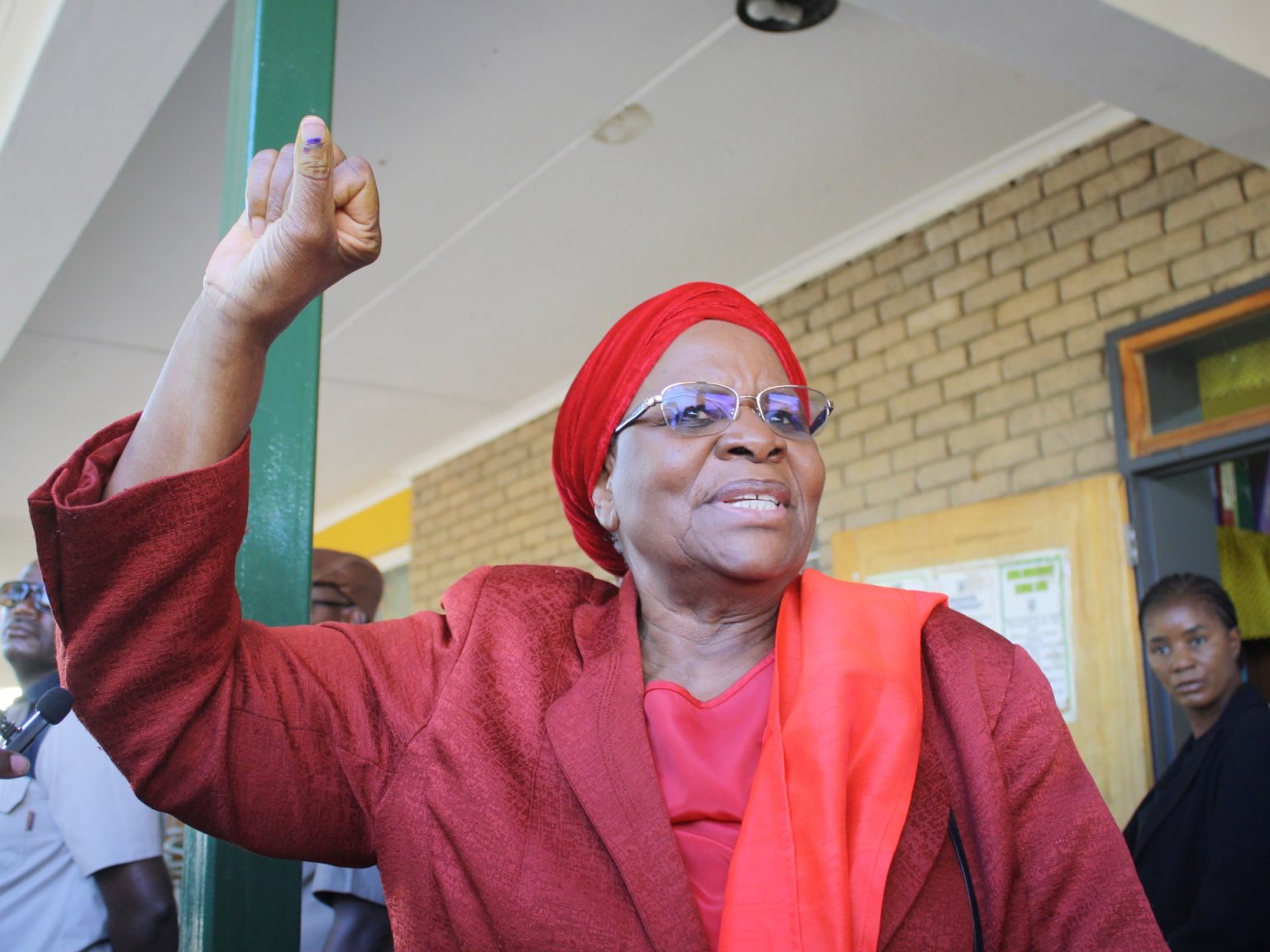Netumbo Nandi-Ndaitwah has made history as Namibia’s first female president after securing 57 percent of the vote in the recent elections. Her victory, announced by the electoral commission, defied expectations that she would need to enter a run-off due to a divided electorate. Following her election, Nandi-Ndaitwah emphasized the voters’ preference for peace and stability in her acceptance speech, reinforcing the dominance of her party, the South West Africa People’s Organisation (SWAPO), which has maintained control since Namibia’s independence from apartheid South Africa in 1990.
However, her triumph is not without controversy. Opposition parties, including the main challenger Independent Patriots for Change (IPC), have rejected the election results, citing numerous technical problems that marred the voting process. Issues such as ballot paper shortages led to delays and extended the voting period into a third day, pushing some citizens to abandon their efforts after waiting in line for hours. Critics have denounced the late extension of voting as illegal and have announced intentions to contest the election outcomes in court, claiming that the electoral process failed to adhere to standards of fairness.
Panduleni Itula, the IPC candidate, garnered 25.5 percent of the total votes, underscoring a significant disparity between him and Nandi-Ndaitwah. He has strongly articulated grievances over what he describes as violations of the rule of law, declaring the elections unfree, unfair, and illegitimate. The discontent among opposition groups reflects a growing frustration with SWAPO’s decades-long governance, which many young Namibians see as out of touch with their experiences, particularly in regards to high youth unemployment and persistent economic inequalities.
Nandi-Ndaitwah’s political journey is notable, beginning in the 1970s when she joined the underground movement for Namibia’s independence. Upon the country’s liberation, she took on various governmental roles, showcasing her political resilience. Her promotion to vice president earlier this year followed the death of President Hage Geingob and marked her ascent within the party hierarchy. Nandi-Ndaitwah’s extensive political career, combined with her leadership during a time of immense pressure and opposition, is reflective of her ability to navigate the complexities of Namibia’s political landscape.
Despite SWAPO’s long-standing dominance, the party faces growing challenges, particularly from a younger generation that seeks change in leadership and policy. The high rates of unemployment among young people in Namibia have fueled disillusionment with SWAPO, revealing a potential vulnerability in the party’s grip on power. Nandi-Ndaitwah must address these pressing issues to not only secure her administration’s legitimacy but also ensure that she appeals to a more diverse electorate that is increasingly seeking accountability and reform.
The road ahead for Namibia under Nandi-Ndaitwah’s leadership remains uncertain, especially with a divided political landscape and active opposition. As she takes on her role as president, the expectations are high for her to foster unity and address socio-economic challenges that have troubled the country for decades. Her ability to govern effectively amidst dissent will determine her legacy and the future stability of Namibia as it navigates the complexities of governance and public trust in democratic processes.

